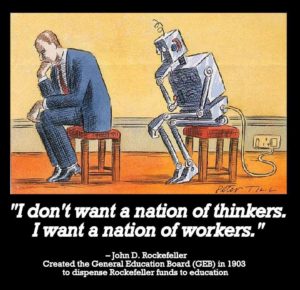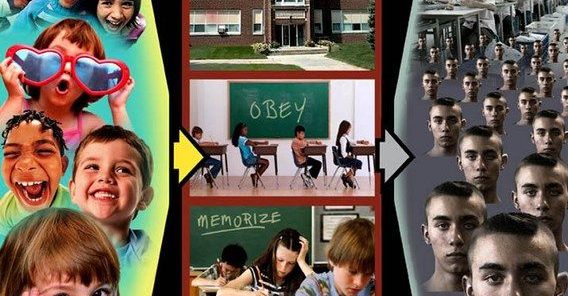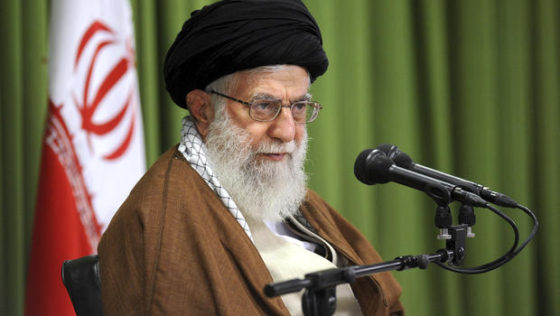This article was originally published by Ramon Tomey at Natural News.
According to the latest round of state exams given in Maryland, there were 13 high schools in Baltimore’s public school system that had zero students proficient in math.
The Project Baltimore initiative spearheaded by FOX 45 reported on this alarming development in Baltimore City Public Schools (BCPS). The local news channel obtained unredacted state test results for every BCPS public school via a source within the school district and subsequently analyzed them. According to the outlet, students from 33 BCPS schools took the tests in the spring of 2023.
Of the 33 schools in the Charm City that took the state math exam, 13 high schools had zero students who tested proficient. This amounted to roughly 40 percent of the total number of high schools. But this wasn’t the only alarming finding Project Baltimore made.
In those 13 high schools, 1,736 students took the state math test. Of that number, 1,295 students – 74.6 percent – scored a one out of four. One is the lowest level, which means that those students were not even close to proficient. (Related: IDIOCRACY BY DESIGN: Not a single student out of 53 Illinois high schools can do math at their own grade level.)
A 2017 report by Project Baltimore also found that 13 high schools in the district had zero students proficient in math. Some of the schools named in the earlier report were also included in the 2023 edition.
Jason Rodriguez, deputy director of the Baltimore-based nonprofit People Empowered by the Struggle (PEBTS), described the findings as “educational homicide.” He continued: “There is no excuse. We have a system that’s just running rogue, and it starts at the top.”
According to FOX 45, BCPS received $1.6 billion from taxpayers – the biggest allocation ever. It also received $799 million in Wuhan coronavirus (COVID-19) relief funding from the federal government.
“It’s not a funding issue; we’re getting plenty of funding,” Rodriguez pointed out. “I don’t think money is the issue. I think accountability is the issue.”
Underperforming BCPS students a constant issue
In 2021, PEBTS held rallies calling on BCPS CEO Sonja Santelises to step down from her post. The district’s CEO since 2016 was urged to resign over low test scores, falling graduation rates, and a lack of transparency. But following Project Baltimore’s latest discovery, Rodriguez is again renewing those calls.
“I’m beyond angry,” said the PEBTS deputy director. “This is why we’ve been calling for the resignation of the school CEO. We’re still dealing with these same issues year after year. It’s just scary … and alarming to me, because we know that what’s happening now … [is] just opening up the floodgates to the school-to-prison pipeline.”
FOX 45 pointed out that Project Baltimore is only able to report the test scores to the public because a source provided the data. But when the state officially releases the results, they will likely be heavily redacted. This makes it more difficult for parents to see how many schools are performing well and how many do not.
BCPS issued a statement in response to the endeavor’s discovery. “Our complete 2023 Maryland Comprehensive Assessment Program (MCAP) math data paints a genuine picture of our progress,” the statement said.
“Right now, the facts are clear: [BCPS] students have earned two consecutive years of improved scores on the math MCAP following national decreases during the COVID-19 pandemic. Seven of eight grade levels experienced growth in math between school year (SY) 2021-2022 and SY 2022-2023, mirroring growth in Maryland overall.”
The school district also expressed its appreciation toward “recent one-time and ongoing increases in funding from our community.” This funding, it added is utilized “to increase student achievement.”
“But make no mistake: these recent increases do not diminish or patch over years of chronic under-funding that has directly contributed to our current outcomes. That recovery takes an equal or more significant amount of time to remediate. We acknowledge that some of our high school students continue to experience challenges in math following the pandemic, especially if they were struggling beforehand.”
Visit PublicEducation.news for more stories like this.
Watch this video explaining the difference between Common Core math and “old school” math.
This video is from the high-impact Flix and more!!! channel on Brighteon.com.










I’m sure that if you test students in Baltimore private schools and home-schooled students it would be complete different picture.
I would test the public school’s teachers next, I’m curious about the ability to teach math.